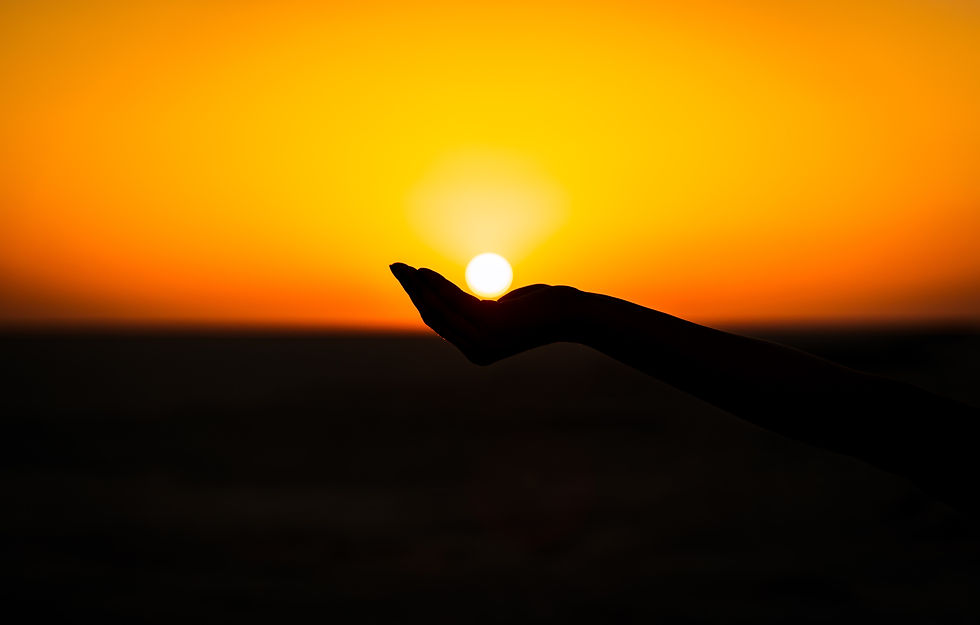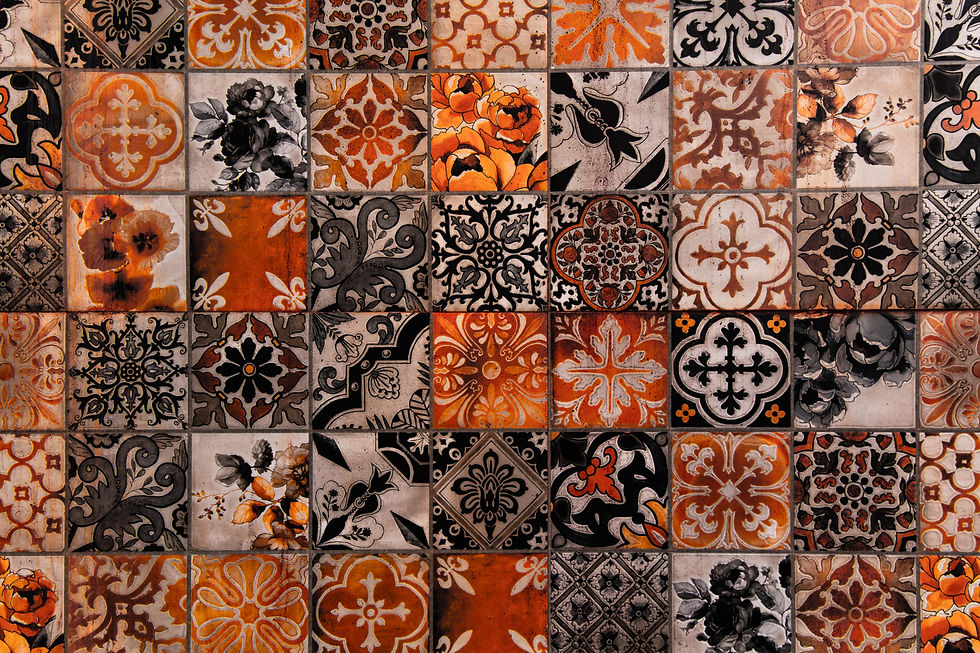Did you know?
- Say "No" to Manels

- Dec 10, 2020
- 2 min read
Updated: Dec 30, 2020
Why encourage representation of diverse voices? And why now ?

Witnessing men-only panels is more commonplace than we think. Here’s some data from India and across the globe that highlights just how often we hear the views of men alone and experience expertise from only men.
In India alone, over this past year, we were able to dig up the following numbers:
On 20 February, Ungender, an advisory service supporting companies to create more gender inclusive workplaces, called out the Health Tech Summit 2020 organised by ETHealthWorld.com that advertised an all-male panel of eight speakers. On 6 March, a revised advertisement was published in the newspaper with the inclusion of three female panellists and shared on the Instagram handle of Ungender.
In a leadership summit on challenges and trends in healthcare named 'Ayusmat 2020' organised by IIM Bengaluru in February 2020, out of 21 experts and leaders in the healthcare sector, there was only one female leader
The Confederation of Indian Industry has conducted approximately 25 webinars (and counting) in April 2020 alone. Out of these 25 webinars thus far, women panelists were included only in six.
A 2019 study titled “Panels or Manels? Desperately seeking women In Indian TV news debates”, that looked at the representation of women in news channels on prime-time debates and a weekly talk show in India, found that men constituted 86% of panels on Indian news channels, while women constitute a little less than 14% and transgender panellists constituted a tiny sliver at 0.2%.
Globally, similar data exists to show just how commonplace it is to experience men-only panels:
The ‘2019 Women for Media Report’ snapshot found that only 18% of voices represented in major newspapers’ business pages were those of women; and it is estimated that only 30% of event speakers in Australia are women.
At the prestigious 2019 World Economic Forum event in Davos, 88% percent of attendees are men. Among countries sending more than 10 people to Davos, Norway has the biggest female representation (37 percent.); Only 32 percent of American attendees are women, a proportion higher still than China (23 percent), the UK (26 percent) and Canada (23 percent).
In 2018, a report titled “An End to Manels” found that female speakers are outnumbered by men by three to one at Europe’s top international meetings including the Davos summit and Munich Security Conference.



Comments